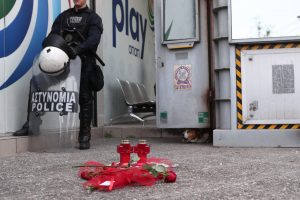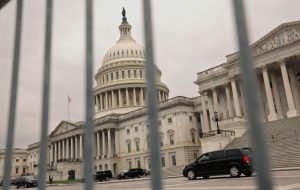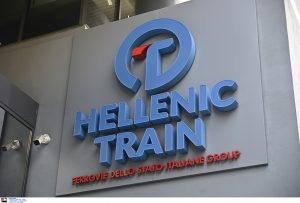The Observatory for Violence Against Women in Crete – WOMEN’S WATCH has revealed a significant 47% increase in reported incidents of violence against women in the region compared to the same period last year.
Between March 1, 2024, and June 30, 2024, the Observatory recorded 523 cases of violence. The majority of these reports came from the Heraklion prefecture (48%), followed by Chania (30%) and Rethymno (16%). Lasithi reported the fewest incidents at just 6%. In contrast, during the same period last year, there were 273 reported incidents, with half originating from Heraklion.
The report raises questions about whether this increase indicates a genuine “surge in violence” or simply reflects a growing willingness among women to report their experiences.
It also highlights significant issues within the field. Many professionals are inadvertently causing harm by overlooking critical signs of high-risk situations or by providing incomplete or incorrect information about the legal processes that follow.
To address these concerns, the report underscores the need for accurate and comprehensive information to be provided to survivors, including details about legal procedures, child custody, their rights when reporting violence, and the process for Criminal Mediation.
Moreover, the Observatory advocates for the implementation of robust protocols within Health Units and relevant services to manage cases of gender violence effectively. It also calls for the formation of coordinated interdisciplinary working groups, bringing together professionals and decision-makers to ensure comprehensive support and protection for women and children.
The Observatory for Violence Against Women in Crete – WOMEN’S WATCH is committed to establish the groundwork for systematic monitoring and enhancement of the regional response to violence against women in Crete. This effort is part of the BUILD program, managed by the “Association of Women’s Organizations of Heraklion and the Prefecture of Heraklion,” and is co-funded by the European Union’s Citizens, Equality, Rights and Values (CERV) Program, the Bodossaki Foundation, and the NGO Support Center.





